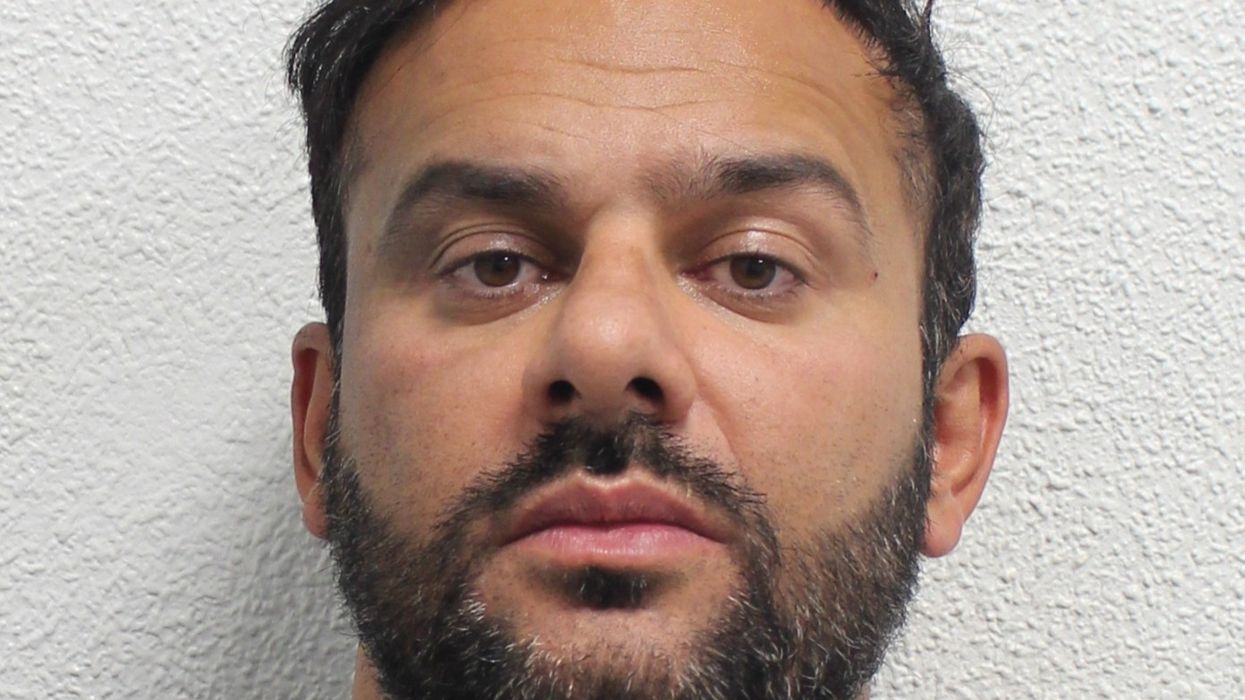A couple's criminal scheme to fund their extravagant lifestyle has come to an end with their recent conviction.
Ashley Singh, 39, and Sophie Bruyea, 20, of Widmore Road, Bromley, have been found guilty of stealing bank and SIM cards from gym-goers' lockers.
Singh and Bruyea executed their crimes with precision, targeting unsuspecting victims at gyms, the Met Police said in a statement.
While their victims were engrossed in their workouts, Singh would brazenly ransack their lockers. The stolen bank and SIM cards were then used to max out the victims' credit cards on high-end technology and designer items.
The ill-gotten gains were later sold, and the cash obtained was spent on luxury items such as bags, shoes, holidays, and even a pedigree puppy.
The Metropolitan Police, through meticulous work by their economic crime team, managed to link Singh and Bruyea to the thefts.
The duo's spree caught the attention of a local officer who identified a pattern, leading to the involvement of experts in economic crime based in Lewisham.
The investigation involved tracing the pair's movements through phones, cars, and CCTV footage. The breakthrough came when they were arrested at Gatwick Airport on January 27, 2023, returning from Paris with over £1,700 worth of stolen designer goods.
In total, 18 people fell victim to what the sentencing judge described as a "wicked conspiracy," impacting victims in various ways, from feeling unsafe around strangers to professional setbacks due to the stress induced by the crimes.
Singh received a three-year prison sentence, while Bruyea, deemed a young offender, received a 20-month sentence suspended for two years at Croydon Crown Court on January 10.
Bruyea will also undergo a rehabilitation programme and complete 120 hours of unpaid work.
The judge emphasised the severity of their actions and expressed hope that the forfeiture of the proceeds of their crimes would provide some compensation for the victims.
DC Luis Da Silva, from the Met’s economic crime team that investigated the case, said: “We know Londoners are worried about theft. It’s a horrible crime, and it causes a lot of stress, pain, and financial loss. That’s why we take this crime seriously and a whole team of us were committed to catching Singh and Bruyea.
“You couldn’t fail to be moved by the devastating impact their callous behaviour had on people, and we hope that by catching them this offers victims a little bit of solace. I would urge anyone who has had something stolen to get in touch, because we do want to drive down this crime and go after those who target the public.
“We will now look to forfeit the proceeds of their crimes to try and help compensate those who went through this.”





